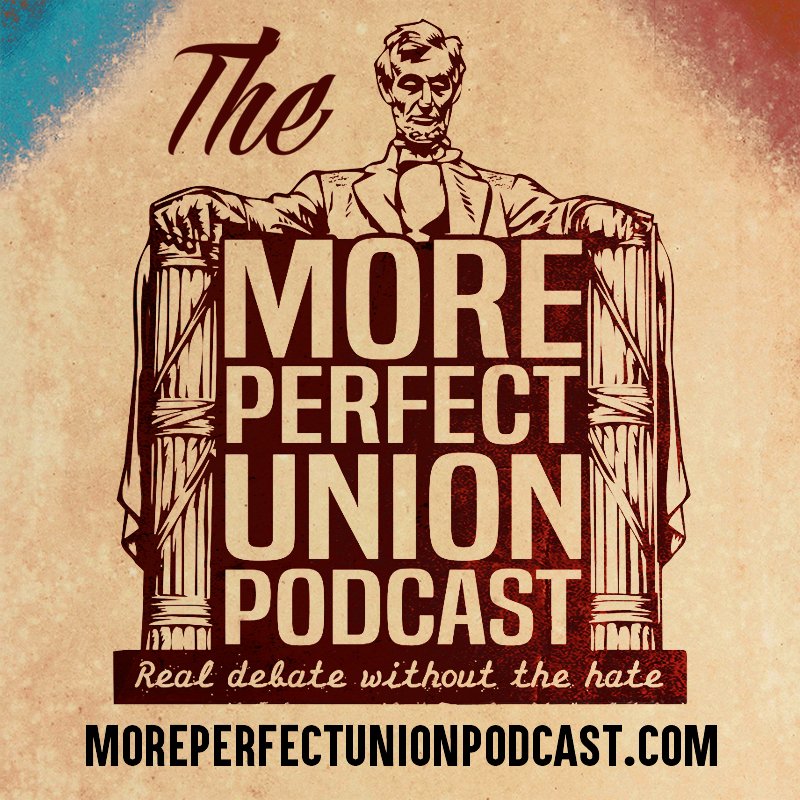Do Lower Interest Rates Actually Make Income Inequality Worse?
by D.J. McGuire
Ever since John Maynard Keynes revolutionized the field of macroeconomics, left-wing and center-left politicians have included “expansionary monetary policy” – quoted because it’s the actual term – as part of their platform. Higher money supply and lower interest rates have been loudly endorsed by Democrats (and quietly cheered by many Republicans) since the Second World War at least.
President Trump himself has railed against the Federal Reserve’s recent (and paused) attempt to normalize interest rates from the period of extremely low levels following the Great Recession. Meanwhile, the left is also complaining loudly about income inequality, while recommending a radically expansionary monetary policy – known as Modern Monetary Theory – to “pay for it.”
The usual critique to “loose money” has been the threat of inflation. However, the lack of inflationary pressures during the past decade has eroded the power of that argument. Indeed, the lack of strength in the post-Great-Recession recovery has led many to wonder if quantitative easing was not expansionary enough.
A new paper from Ernest Liu (Princeton), Atif Mian (also Princeton), and Amir Sufi (University of Chicago) casts doubt on that theory. In fact, they propose that extremely low interest rates might have causedthe problems of slow growth and income inequality.
Liu, Mian, and Sufitheorize that excessively low interest rates – designed to encourage business investment – actually skew said investment towards larger and more dominant firms. This makes them moredominant in the process, turning more markets from competitive to monopolistic.
Now, microeconomic market structure normally isn’t considered a major factor in macroeconomic policies. In this case, however, Liu et al show that monopolistic markets lead to lower productivity and to slower growth. Moreover, while Liu et al don’t address income inequality per se, increased market power has been known to lead to suppressed wage growth and thus greater income inequality.
In short, Liu et al present an entirely different set of expected consequences for extremely low interest rates. Instead of faster growth, they lead to slower growth. Instead of higher productivity growth, the lead to lower productivity growth. While in theory enabling government to address income inequality, they actually exacerbate it by encouraging market concentration and monopolization.
More time and research is needed, of course, to see how much impact the market concentration effect truly has. More than a few economists will have questions about the paper, as it should be.
However, at the very least, advocates for looser money in general – and MMT in particular – might want to take into account the strong possibility that their methods are running contrary to their avowed policy goals.
D.J. McGuire – a self-described progressive conservative – has been part of the More Perfect Union Podcast since 2015. He is also a contributor to Bearing Drift.







